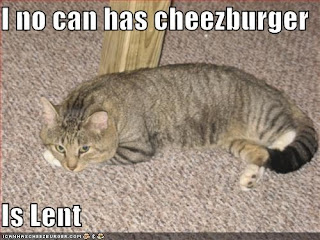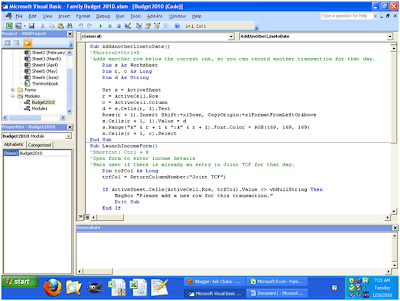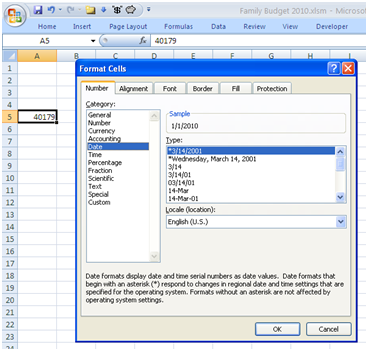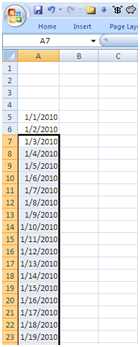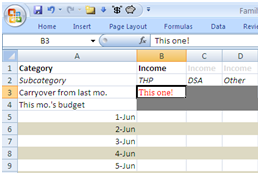For some reason,
this kind of argument (X has an ungodly/pagan origin and is thus unacceptable for Christians) drives me insane. See also,
Al Mohler on yoga, Frank Viola on "the institutional church." (As an aside, Viola
claims that he doesn't reject ideas just because they're pagan. Well, that's the impression I got from reading
Pagan Christianity. In fact, I'd call that list of "straw men" an accurate summary of the book's theses.)
Now that I've asserted but not argued anything, I'll drift on to other points, if you don't mind.
My parents and their home church rejected Halloween because of its pagan origins. I heard some great, lurid stories about the origins of jack-o-lanterns and trick or treat.
I call the stories "great" with only partial irony. Now they sound to me like folk etymologies, but I was interested in them at the time. I was in a phase when I wanted to find out the etymon, the true origin, of everything—words, names, symbols, customs.
There is a perennial attraction to the quest for the etymon, a feeling that once you find it, you’ve grasped true meaning. I’m still very interested in etymons, but more because they often make for a good story than because they’re the key to ultimate meaning. The kind of meaning I find more relevant is how the word (name, custom) fits into the larger system. In anthropological terms, I’ve moved from James George Frazer to Claude Levi-Strauss. In linguistic terms, from Jakob Grimm to Ferdinand de Saussure.
Take yoga. The Christian anti-yogaists are dismayed that Christians would put their body in a pose dedicated to a Hindu god. The woman at the health club teaching a yoga class might not be a Hindu. She might not even know anything about the pose's link to a deity. But if you go back far enough, the argument goes, the etymon lies in pagan worship. So the yoga pose *means* devotion to another god. Taking on the pose is like speaking praise of that god, which a Christian should not do.
If the etymon of the yoga pose truly lies in pagan worship, that would be an interesting story. I have my doubts whether the story is true. If I were in a real argument on the topic, I'd like to see some non-polemical scholarship on the question. But would such an etymology imply that the pose *means* pagan worship?
I was thinking that it could mean such a thing in a sacramental view of the world. Sacramentalism does emphasize that we're not disembodied minds, that what we do with our bodies has spiritual impact. But to call this position sacramental would be an insult to sacramentalism. Even in sacramentalism, the body cannot mean what the person as a whole does not mean. You could bless the public swimming pool on a hot day in July, but that doesn't mean all the swimmers become baptized.
Hence, I submit to you that to believe that yoga constitutes pagan worship isn't even sacramental. It's purely magical. It's a pagan idea if there ever was one. (Look, the argument just folded in on itself!)
At some point I stopped despising earlier Christians for the pagan customs they retained/redeemed—and started admiring them for their audacity. (This is one of the things that made Chesterton my homeboy, finding that he had this attitude.) Maybe it had something to do with learning about all the good things in my life that had “bad” backgrounds—Christmas trees, Easter eggs, eeny meeny miny moe, the European settlement of America, most of the names of God . . .
If you want to reject everything with a tainted origin, what will you be left with? Utopia, I suppose. Nowhere to stand.
 There are other, more marginal franchises we could tack on: Batman, X-Men, Terminator, Pirates of the Caribbean. But they would destroy the symmetry of the above.
There are other, more marginal franchises we could tack on: Batman, X-Men, Terminator, Pirates of the Caribbean. But they would destroy the symmetry of the above.







